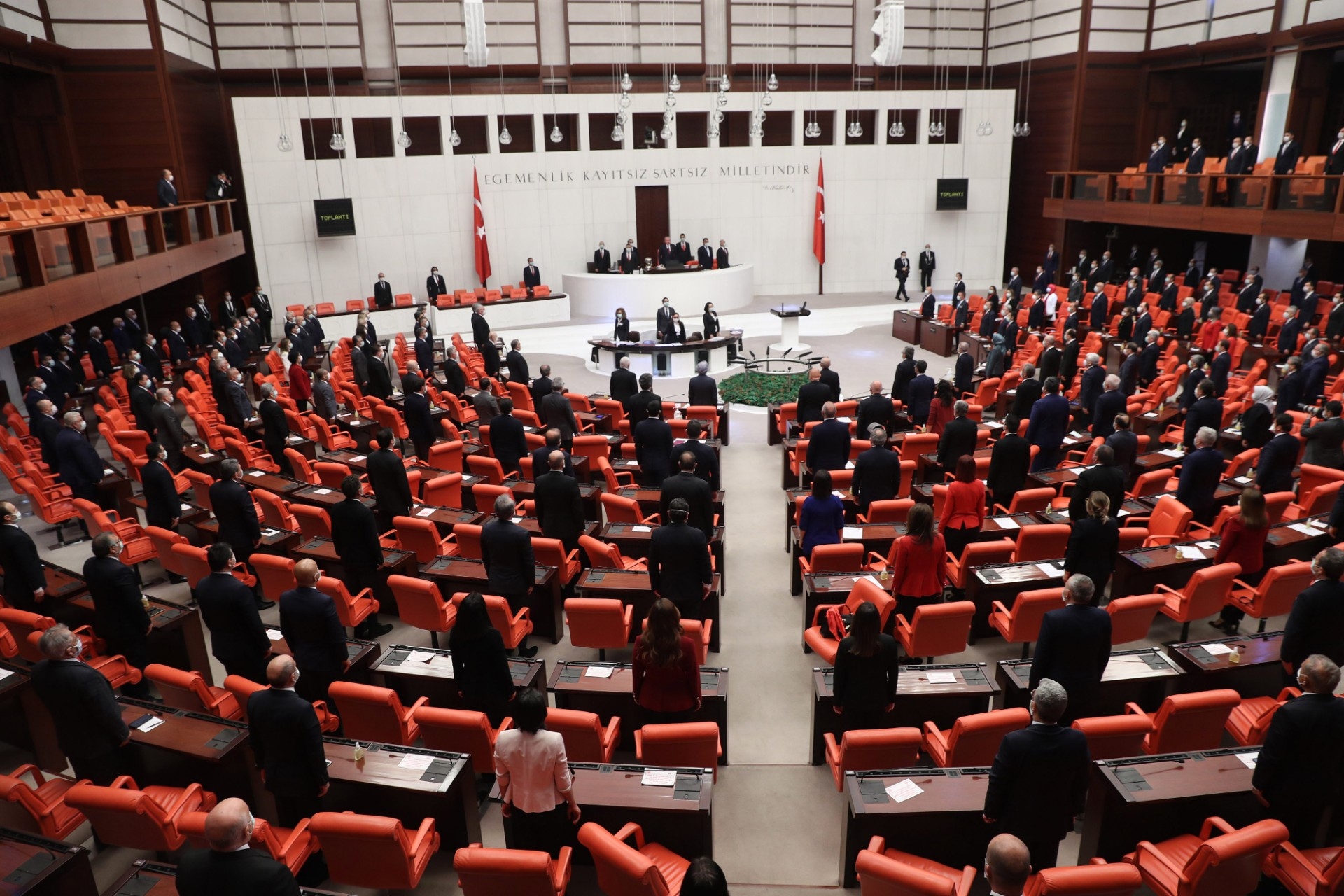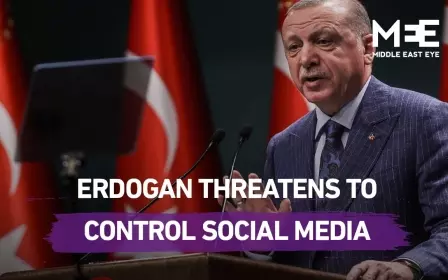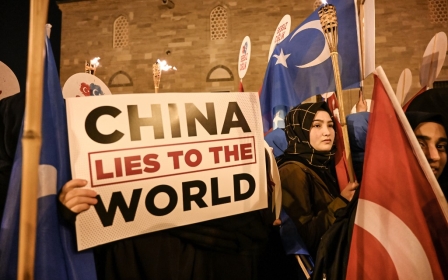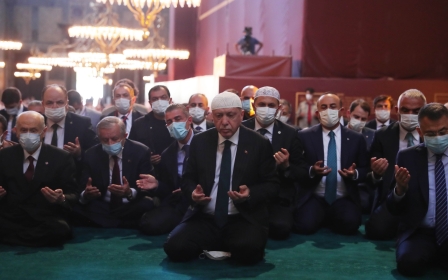Turkey passes law granting government broad powers over social media

The Turkish parliament on Wednesday passed a new law that forces social media networks such as Twitter, Facebook and Instagram to assign legal representatives in Turkey and immediately enforce court orders or face penalties.
Critics say the new law will increase censorship and help silence dissent. Yet the government and the supporters of the new regulation argue that it will accelerate the legal process to protect personal data and privacy, and remove libellous content.
The new law has been in the pipelines for a while but it was quickly brought to the parliament after some users insulted Turkish President Recep Tayyip Erdogan’s newborn grandson and daughter on Twitter. An angry Erdogan appeared on TV earlier this month and threatened to completely ban social media sites.
The new law requires social media networks that host over 1 million daily users to assign a legal representative or a Turkish citizen to handle the court requests. If not, the government could step-by-step fine the networks up to $4.3m, limit their advertisement and throttle their user access by up to 90 percent, effectively banning them.
'Social media is a lifeline for many people who use it to access news, so this law signals a new dark era of online censorship'
- Tom Porteous, HRW
The law will come into in force in October.
New MEE newsletter: Jerusalem Dispatch
Sign up to get the latest insights and analysis on Israel-Palestine, alongside Turkey Unpacked and other MEE newsletters
Yaman Akdeniz, a professor of law and leading cyber activist in Turkey, said in a series of tweets that Turkey was entering a “new dark era.” He said that the new law would also grant power to the government to go after news websites that criticise the ruling Justice and Development Party (AKP) and remove their content from the search engines as part of protecting personal privacy under “right to be forgotten”.
According to the statistics compiled by the activist group Engelli Web, there are already thousands of court orders that ban access to more than 400,000 websites, 130,000 URL links, 7,000 Twitter accounts, 40,000 tweets, 10,000 YouTube videos and 6,200 Facebook posts.
Naci Bostanci, a ruling AKP whip, told Haberturk daily on Wednesday that major social networks had agreed to appoint a legal representative to Turkey except Twitter. “There is only Twitter that didn’t respond positively. There is a problem there,” he said.
Human Rights Watch earlier this week criticised the law as something that government could use to get content removed at will and to arbitrarily target individual users.
“Social media is a lifeline for many people who use it to access news, so this law signals a new dark era of online censorship,” said Tom Porteous, deputy program director at Human Rights Watch.
Middle East Eye delivers independent and unrivalled coverage and analysis of the Middle East, North Africa and beyond. To learn more about republishing this content and the associated fees, please fill out this form. More about MEE can be found here.




